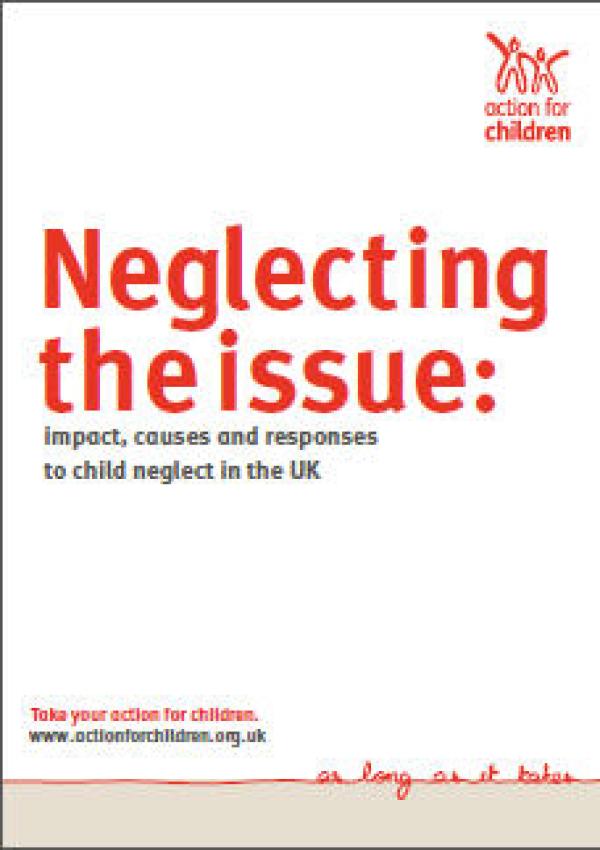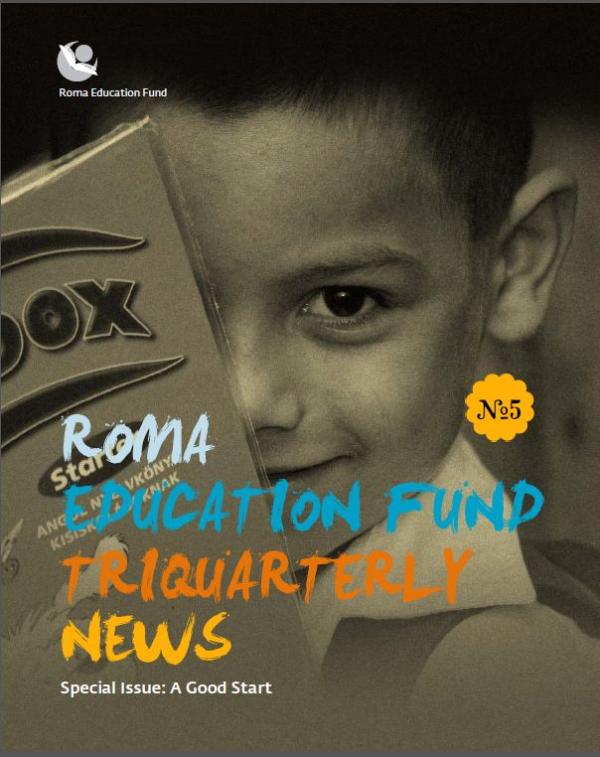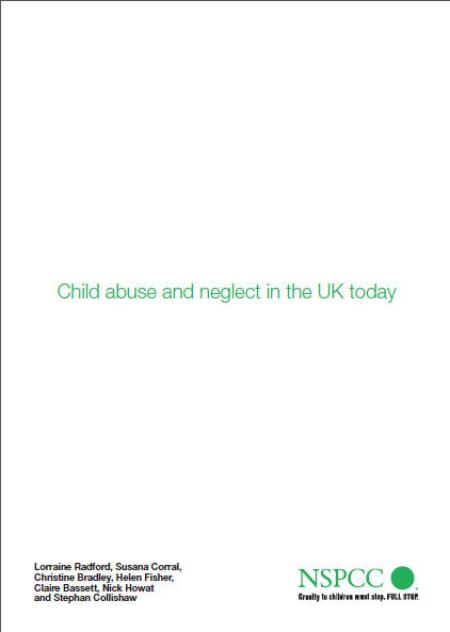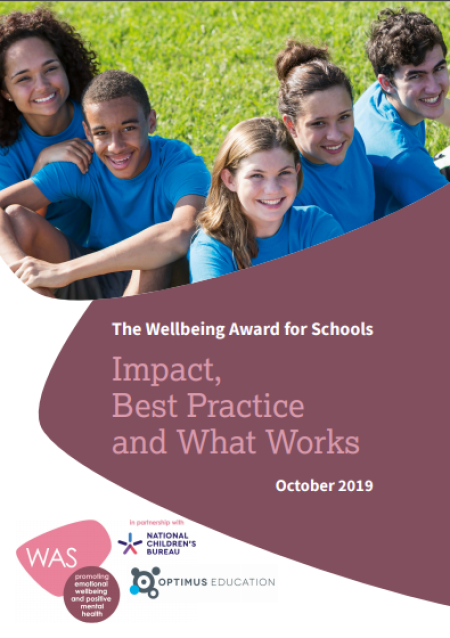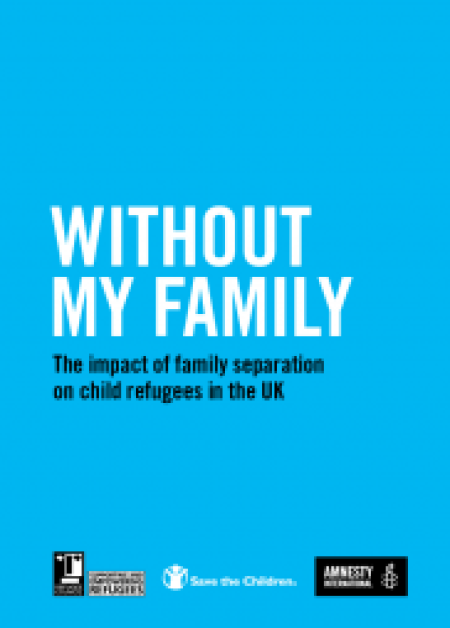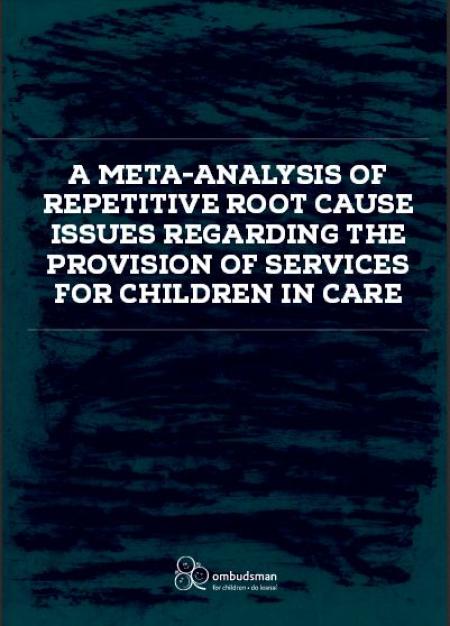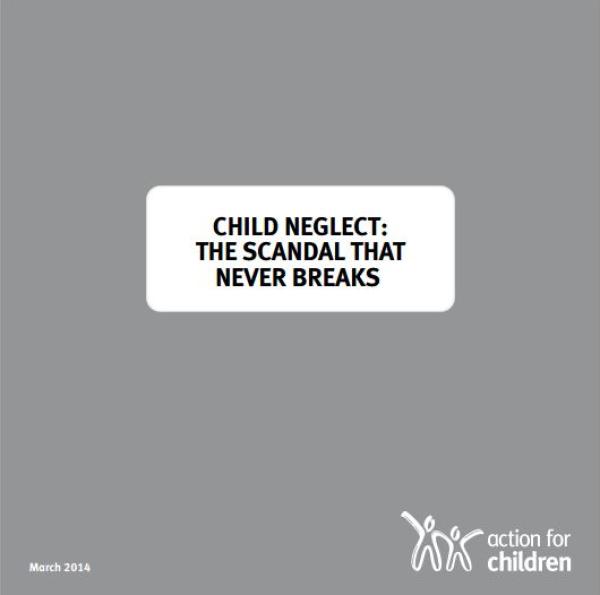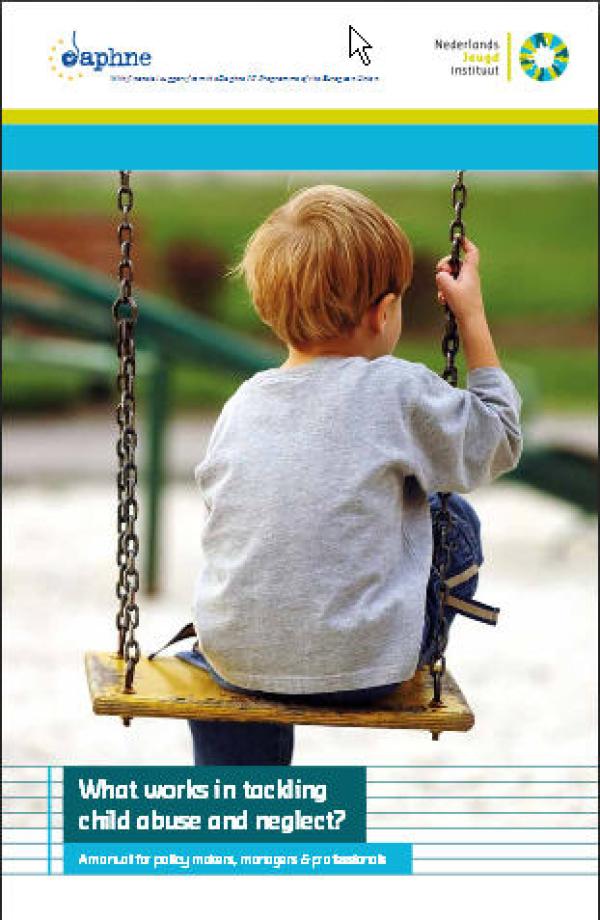
Child neglect is the most pervasive form of child abuse in the UK today. It robs children of the childhood they deserve – that is their right – and leaves broken families, dashed aspirations and misery in its wake. And, while we know more about the causes and consequences of neglect than ever before, it remains the biggest reason for a child to need protection. As a society, it is in our power to change this. In response to this overwhelming need, in October 2009, Action for Children launched a dedicated campaign to raise awareness of – and funds to directly tackle – child neglect. In the course of our campaign, a broad cross-section of society were consulted to find out what they know about neglect, if and how they see it, and how they respond to it. The general public, childcare professionals such as nurses and nursery workers, police, social workers and children themselves were all asked. The results have been startling. Child neglect is everywhere, and the collective response simply not good enough. There is also lack of a coherent, straightforward review of external findings around neglect: definitions of the issue and what it looks like in practice; UK trends; the effects of neglect on children, young people, families, social settings and communities; the most appropriate forms of response and the role agencies play in this; and – crucially – gaps in both knowledge and service provision. This report brings together existing knowledge and evidence for the very first time.


